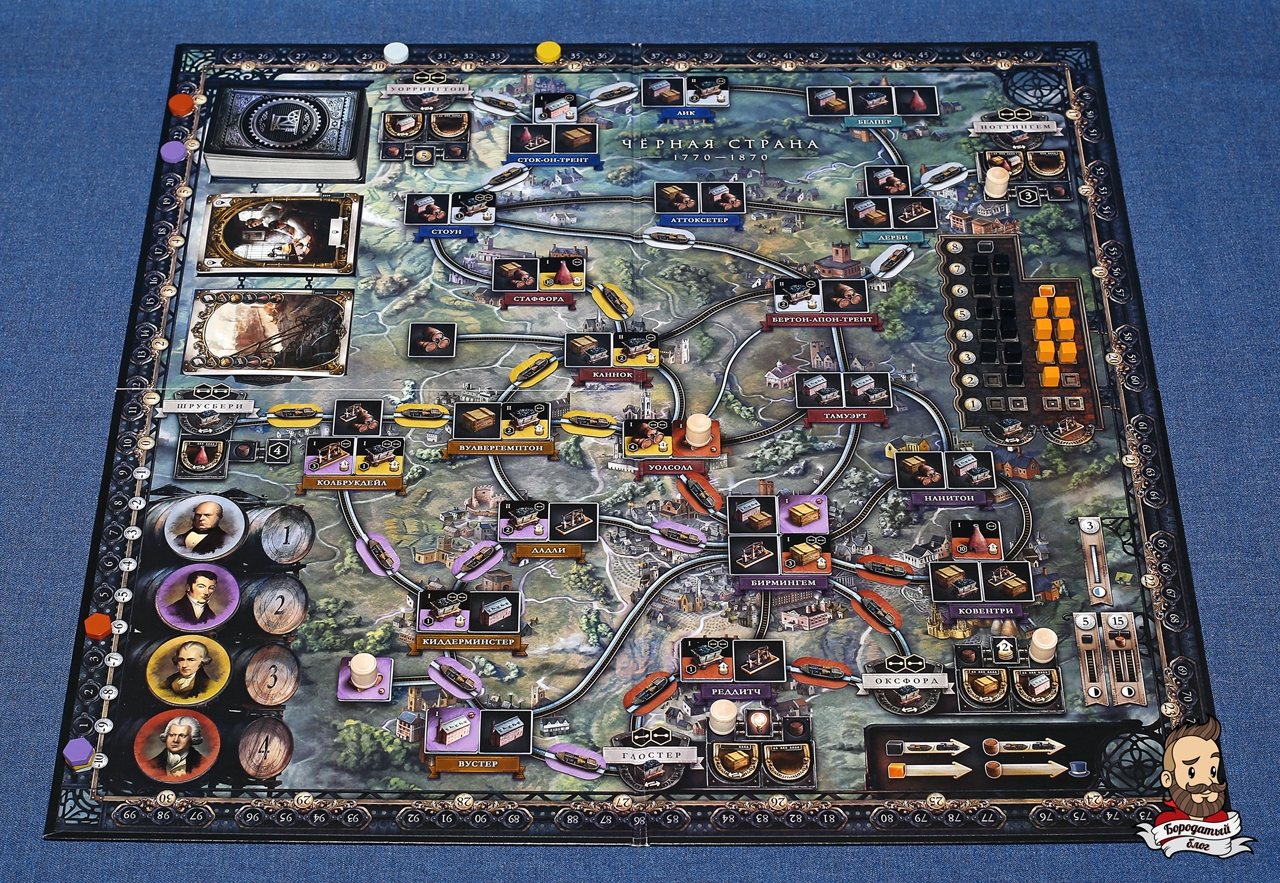

By taking your goods they are helping you towards flipping your factory. If other people take goods from you, they don't pay you. If the coal market or iron market is short on resources, you can already sell your resources there to make money. When you build a coal mine, iron works or brewery, you place some resources on them. You increase your income level, and your factory will score victory points at the end of the era.įlipping the other type of factories - the resource factories, require fully consuming the resources on them. When performing the sell action, the beer is consumed, and you flip over your factory. Usually it also needs access to a beer resource. Your factory needs to be connected to a merchant (along the edge of the board) who buys the specific goods. To flip a pottery, a manufacturer or a cotton mill, you need to perform the sell action. The chips also nicely fit some spaces on the board meant for keeping track of money spent in the current round.įlipping factories is an important part of the game and needs to be explained in more detail. There is a recess in the box designed specifically to fit this box of poker chips. They are huge, and they fit the game well. It is not easy to increase your profitability, so you need to manage loans carefully so as not to stunt your own progress.

Picking the right time to take loans is important, because each time to take a loan, your profitability drops. You will run out of cash, and you will need to take loans. The game is only trying to convey that the canals can no longer support the needs of the industries, so railroads are needed. This doesn't mean canals have been destroyed or made illegal. At the end of the canal era, all canals are removed from the game, so that in the railroad era, you start from scratch rebuilding your network.

Often to build factories at certain locations, you need to extend your network to those locations. To make use of some resources, you need the transportation network too. To sell goods (and thus flip factories) you need to connect to the appropriate merchants at the edges of the board. Building railroads require coal, and if you want to build two for one action, you need beer too. In the first era you build canals, and in the second era railroads.


 0 kommentar(er)
0 kommentar(er)
